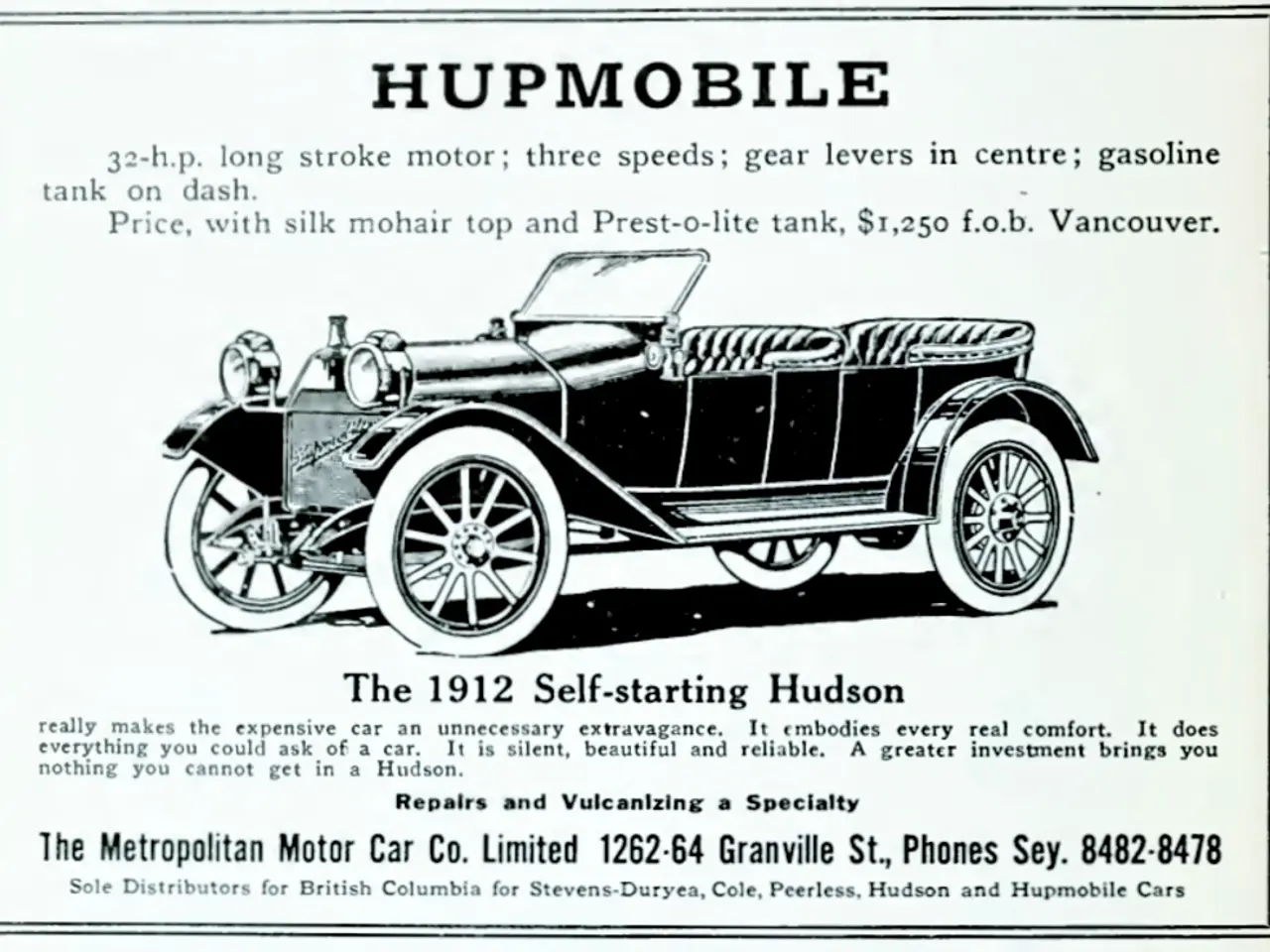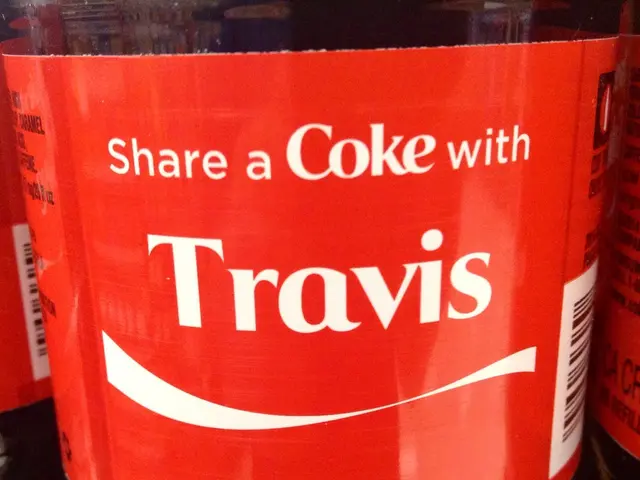Improved Call Handling Enhances Customer Loyalty, Research Shows
In the rapidly evolving world of automotive sales, artificial intelligence (AI) is making a significant impact, particularly in handling service calls at car dealerships. According to a recent study by Pied Piper, AI is now managing about 91% of service calls without human intervention, including scheduling appointments[1][3].
The effectiveness of AI is evident. Customers at dealerships using AI successfully scheduled service appointments 86% of the time, slightly less than the 90% success rate at dealerships relying solely on humans[1]. Furthermore, AI interactions often score higher in customer experience metrics than average human service calls, indicating strong quality of service when AI can handle the entire interaction[1].
However, common issues arise during handoffs to human staff when AI cannot complete the call (about 9% of calls). These handoffs fail 56% of the time, often due to customers being placed on hold too long, calls going to voicemail, dropped calls, or customers being asked to call back later[1][3]. The average handoff occurs about 88 seconds into the call, and failures in this transfer process often leave customers frustrated, as they feel their time was wasted[1][3].
Dealerships are advised to use AI as a supplemental tool rather than a full replacement for human service agents[3]. Group 1 Automotive, for instance, ranked highest in this year's telephone effectiveness study, with Group 1's average caller reaching a service associate in 51 seconds, eight seconds faster than Group 1's performance last year and nine seconds quicker than this year's dealer group average[1].
The improvements largely stem from a reduced rate of negatives compared to the previous year, including less time spent on hold and fewer "mission failures." Pied Piper's mystery-shopping survey indicates that dealership groups are improving their service department appointment phone handling[1].
The use of AI to handle service calls continues to grow, with some companies offering call monitoring services to dealers. As the importance of quality call handling becomes increasingly recognised, dealership brass pays more attention to service phone-effectiveness measurements[1].
In the 2025 Service Telephone Effectiveness Study, eight out of ten dealer groups improved their average scores compared to the previous year's survey[1]. Napleton Automotive Group, Berkshire Hathaway Automotive, and Ed Morse Automotive Group followed Group 1 in descending order in this year's study[1].
Cameron O'Hagan, Pied Piper's CEO, states that quality call handling fosters healthy profits and happy customers. O'Hagan notes that flawed phone handling is often overlooked due to its obscure nature, but increasing visibility leads directly to improvement[1]. He recommends using AI as "a tool, not a crutch."
Sources:
[1] Pied Piper's 2025 Service Telephone Effectiveness Study [3] Pied Piper's Press Release, "AI and Human Interaction: Balancing the Service Call Equation," dated 15 July 2025.
AI technology has significantly improved service call handling efficiency in the automotive sales industry, managing approximately 91% of calls without human intervention. However, issues occur during handoffs to human staff when AI can't complete the call, as these handoffs fail approximately 56% of the time.




